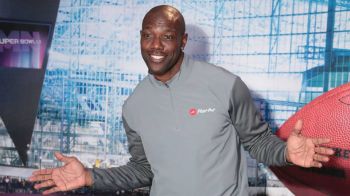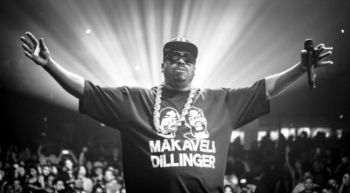When I first learned about the massacre at Emanuel AME Church in Charleston, South Carolina, I was stunned and heartbroken. I struggled to make sense out of killing innocent people in a place of worship and tried to come to some sort of understanding about how hateful and angry someone could be to plan to execute anyone. This spineless act of taking lives is despicable and hopefully the culprit(s) will be quickly apprehended so that justice can be served. What’s unfortunate about this situation is that there was nothing that anyone could have done to prevent, prepare, or deter this level of hate. Nine people’s lives were lost as a result and millions of lives across our country will be forever changed.
But what about those people who were in the church during the time of the shooting who were not killed? How might they be able to emotionally recover from this horrific experience? What resources might be available to those who have family members who were in the church?
Members and families of the congregants should seek immediate counseling in order to process their feelings about what happened as well as the meanings that are derived from what happened. A counselor (e.g., clinical or pastoral) can help families grieve in a healthy manner and try to help them try to put their lives back together. Counseling can also help families think through their anger, frustration, resentment, bitterness, sense of powerlessness, anxiety, guilt, and sadness and get them to make constructive decisions during this time of confusion and chaos.
PTSD, ‘Survivor Guilt’ & Trauma In Black Lives: Self Care After Charleston was originally published on blackdoctor.org
















